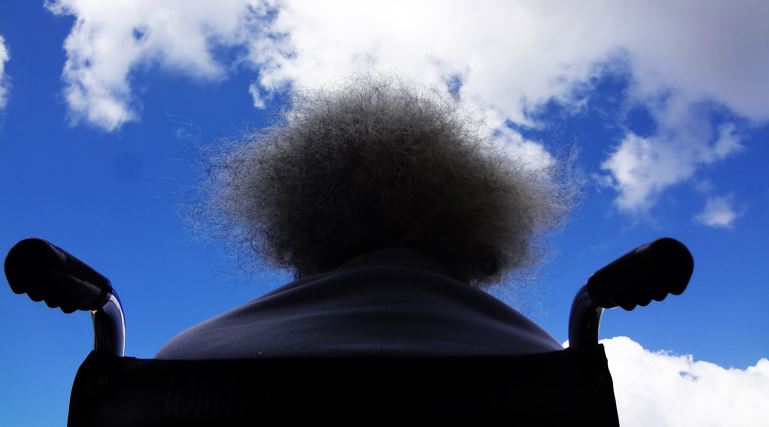
Before we dive into ableism, let’s first give a definition of its roots– disability. There are 2 major models of disability:
(1) Medical. This means the disability is treated as a medical condition; here, the person is seen as “not normal,” and the target of the change is the disabled person.
(2) Social. Where disability is a concept created by people. Through this model, the disability is still present, yet the target of change is the society around the person.
Ableism refers to the discrimination, prejudice, and societal barriers faced by disabled people. It can manifest in forms like discrimination in the workplace. In order to create more inclusive and equitable workplaces, it is important for disabled individuals to advocate for their rights and for allies to support and amplify their voices. Here are a few things disabled individuals can do:
1️⃣ Educate yourself and others about disability rights
Familiarize yourself with laws and regulations that protect disabled individuals from discrimination in the workplace, such as the Americans with Disabilities Act (ADA) in the United States. Seek out resources and organizations that can provide information and support. And share this information with your colleagues and superiors to help raise awareness and understanding about disability rights.
2️⃣ Know your rights and assert them
If you feel that you have been mistreated or discriminated against because of your disability, it is important to know your rights. Should you need them, ask for accommodations to perform your jobs, such as specialized equipment and flexible scheduling. Your employer can provide them if they are reasonable. If you feel that your rights have been violated, you can file a complaint with the Equal Employment Opportunity Commission (EEOC) or seek legal assistance.
3️⃣ Communicate your needs and preferences
It is important to clearly communicate your needs and preferences to your employer and colleagues. This may include discussing any accommodations you may need, as well as your preferred methods of communication and interaction. If you are open to discourse, consider sharing your disability and related needs with your colleagues. This can help to create a more inclusive and understanding work environment. It can also help your co-workers who feel that they are always walking on eggshells.
4️⃣ Seek out allies and create your own support network
Find allies at work who can support you and advocate for disability rights and inclusion, such as organized groups that champion similar causes. Seek mentors and role models who can provide guidance and support as you navigate your career.
By educating yourself and others about disability rights, asserting your rights, communicating your needs and preferences, and building a supportive network, disabled individuals can work to fight ableism and create more inclusive and equitable workplaces.
DCC and our Organizational Development program treat issues like ableism by looking for its core and finding a solution only after understanding the root of the concern. It’s a holistic approach that we take very seriously and deal with carefully. And we ensure that our solutions become part of your company’s culture. Please email us at info@davidcouperconsulting.com.
